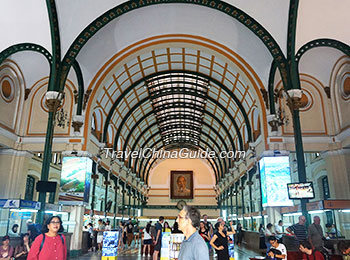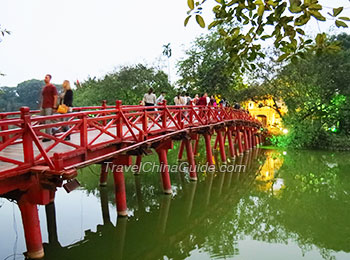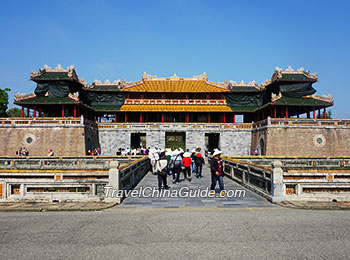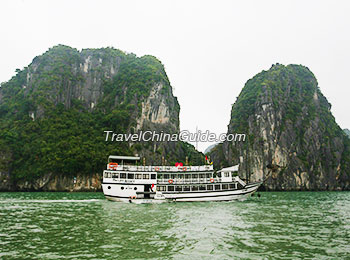Vietnam Travel Guide
Basic Facts
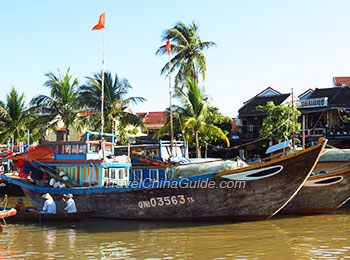 |
| Vietnam Travel |
As the country is long from south to north, the landscape and folk customs are different among areas. With the coastline of over 2,025 miles long, you can enjoy beautiful sea beaches. The rock formations and stalactites in Ha Long Bay, and historical sites in Hanoi, Ho Chi Minh and Hoi An will give you a good view. Besides, you can not only go to Mekong River Floating Markets to look around local antiques and crafts, but also admire the Water Puppet Show, a unique form of art of Vietnam. Vietnamese dishes like rice noodles and spring rolls are also worth to try.
★ Top Destinations and Attractions:
|
|
See Some Trip Planning in Hanoi: Weekend Getaways from Hanoi Spend 2 Days in Hanoi 3 Days in Hanoi
Hue: Hue Royal Palace, Thien Mu Pagoda, Tomb of Tu Duc, Tomb of Minh Mang
|
|
Special entertainments: Water Puppet Show, mud bath, coconut candies and rice paper making.
Best Time to Go
Vietnam transportation system is good in the whole. In terms of international transportation, there are flights from many countries all over the world, especially from the Southeast Asia, and buses from neighboring countries, as well as the train from China and the ship from Cambodia. Taking the plane or the train to and fro between cities of the country is convenient. Besides, open tour bus from Ho Chi Minh City to Hanoi has become popular among tourists. Motorbikes and cyclos are the two featured and common tools inside the city. Of course, the regular taxi and city bus will help you, too.
 See more about
See more about
Hanoi Transportation Vietnam Trains How to Get to Halong Bay Ho Chi Minh Transportation
Hanoi Transportation Vietnam Trains How to Get to Halong Bay Ho Chi Minh Transportation
Most tourists can have a visa of Vietnam with 30-day validity and 30-day stay period. For those from Switzerland, Turkey, Brazil, South Africa, India, and Poland are likely to have a visa-free stay of 15 days. You can exchange VND in the major cities like Hanoi and Ho Chi Minh City. The gathering areas of tourists have more exchanging places. If possible, you can buy a phone card with data from Viettel, Mobifone or Vinaphone firms. Power plugs in European style with a voltage of 220V/50Hz should also be taken into consideration. In addition, the water system of the country is not developed well, so you’d better not drink the tab water directly.
 See more about Vietnam Tourist Visa Shopping in Hanoi
See more about Vietnam Tourist Visa Shopping in Hanoi
History
Geographical Features
- Last updated on Jul. 24, 2024 by Catherine He -
